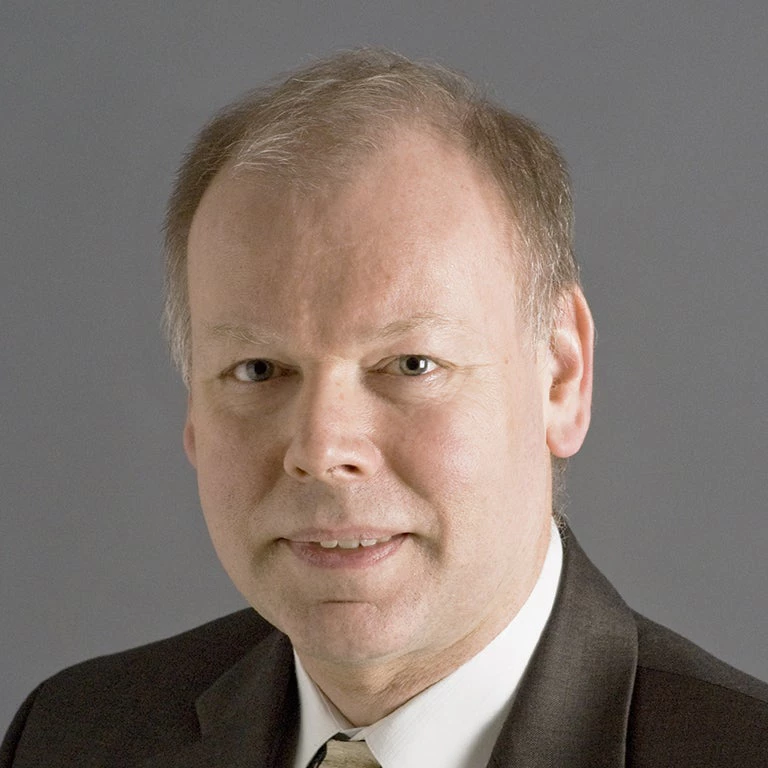A New Year traditionally comes with upbeat thoughts. New resolutions will make life better. Past mistakes will not be repeated. And calamities are seldom predicted. These positive thoughts are not always justified, but they provide necessary energy during the first cold months of the year all the same.
At the beginning of 2014 some economic optimism actually seems defensible. Five years after the start of the global financial crisis, Europe is finally exiting their recession, albeit slowly and hesitantly. The U.S. economy is accelerating and so is growth of global production and trade. True, the BRICs are no longer as vibrant as they have been for a long time, but growth in China (a key concern of markets in recent days) is still expected to be three and a half times growth in high income countries.
Given the tradition of New Year’s optimism it is salient that the EBRD starts the New Year on a rather gloomy note with their new Transition Report. The title of this year’s report is "Stuck in transition?." But in the text they change the question mark into a firm exclamation mark, even as the report contains some suggestions of ways to escape the current impasse.
The report argues that, under current trends, over the long run per-capita incomes in Europe and Central Asia will no longer converge to income levels in Western Europe. Not because Western Europe will continue to disappoint, but because growth in Europe and Central Asia will not return to pre-crisis levels.
Two main arguments are given to underpin this conclusion. First, the catching up that happened between the mid 1990s and the mid 2000s was a temporary phenomenon, largely driven by the elimination of inefficient activities that were inherited from the pre-transition period. Second, and more importantly, necessary reforms have stalled and are in some cases even reversed. This leaves the region with too much rent-seeking behavior, especially in countries with large natural endowments. Vested interests of small elites prevent in many countries broader dynamism.
As every good report, Stuck in transition? contains a lot to debate about. And you can join that debate on Wednesday January 8, from 12:30 PM till 2:00 PM in room I-2-220 (for webcast, see here). Even if some of their conclusions can be challenged, the approach taken in the report is a critical one: As the world moves beyond the consequences of the global financial crisis, the focus of policy makers should shift away from short-term firefighting towards structural reforms that are needed for long-term sustainable high growth. These structural reforms should provide opportunities for all and unleash the broad potential that is still underutilized in many ECA countries. That’s a thought worthy New Year’s spirit. Happy New Year to all.


Join the Conversation